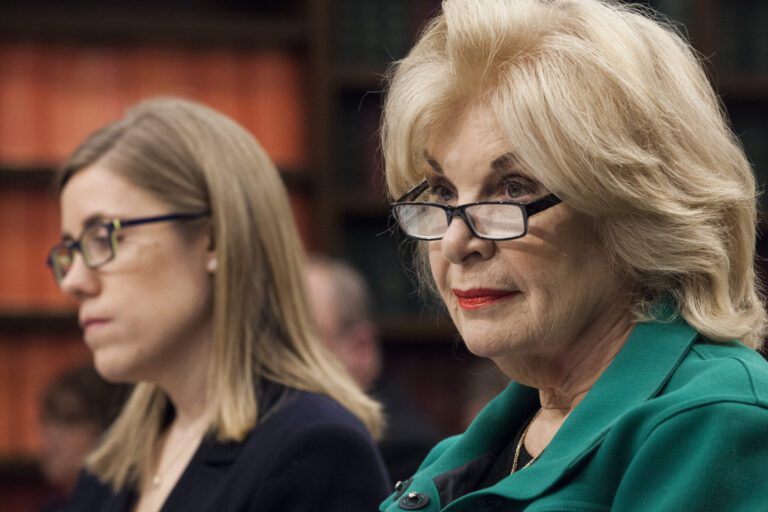CPB to Close After Nearly 60 Years of Federal Funding for Public Broadcasting
The Corporation for Public Broadcasting (CPB) has announced its impending closure following the recent Congressional vote to eliminate its annual federal funding amounting to approximately $1.1 billion. This marks a significant shift in the landscape of public broadcasting, a cornerstone institution in American media for nearly six decades.
A Challenging Transition
In a statement released on Friday, CPB President Patricia Harrison expressed her deep regret over the situation, asserting, “Despite the extraordinary efforts of millions of Americans who called, wrote, and petitioned Congress to preserve federal funding for CPB, we now face the difficult reality of closing our operations.” She emphasized the corporation’s commitment to supporting its partners during this transitional period.
The Role of Public Media
Harrison highlighted the vital role public media plays, saying, “Public media has been one of the most trusted institutions in American life, providing educational opportunity, emergency alerts, civil discourse, and cultural connection to every corner of the country.” The CPB is dedicated to fulfilling its fiduciary responsibilities as it winds down its operations.
Political Background: Attacks on Federal Funding
The move to defund the CPB has been a goal of Republicans for years, fueled by allegations of bias within public broadcasting entities like NPR and PBS. The latest budget cycle saw a rare victory for these efforts, especially under the Trump administration, which aimed to dismantle powerful liberal institutions.
Board Decisions and Leadership Controversies
One of the pivotal moments in the defunding debate was the CPB board’s decision to appoint Katherine Maher as NPR’s new CEO. Maher faced criticism for her past controversial comments on social media, which some argued fueled the critiques against federal funding. Despite these challenges, Maher maintained that NPR is committed to unbiased reporting.
The Immediate Impact of CPB’s Closure
On September 30, many of CPB’s roughly 100 employees will lose their jobs as the organization transitions to a smaller operational model to manage compliance and financial obligations. A transition team will remain active until January 2026, with a focus on final distributions and addressing outstanding financial commitments.
Implications for Public Broadcasting:
- Local Stations: The loss of federal funding is expected to hit smaller local broadcasters particularly hard, although national entities like NPR and PBS are likely to remain insulated thanks to their diverse revenue streams.
- Future Governance: The termination of CPB funding raises questions about the governance of NPR and PBS, particularly concerning the role of the CPB board moving forward.
Legal Challenges and Administrative Changes
Simultaneously, the Trump administration has sought to reorganize the CPB board, aiming to alleviate perceived liberal influence. Legal actions have ensued over the firing of several board members, complicating the governance situation further.
Continued Commitment to Public Media
Despite the impending closure, CPB board members have expressed their determination to continue operational themes and promised to distribute remaining funds diligently. Board Chairwoman Ruby Culvert asserted, “Our work does not stop and will continue over the next couple of months.”
Public Media’s Resilience and Reaction
Despite the anticipated financial challenges, signs show that local broadcasters are rallying support. Recent data from the Contributor Development Partnership indicates a surge in donations, highlighting public media’s resilience. For instance, Seattle’s KUOW station raised $1.5 million within just ten hours.
Key Takeaways:
- The CPB’s closure signifies a notable shift in public broadcasting funding.
- Local stations will need to adapt and innovate to fill the financial gaps.
- The future of governance for NPR and PBS remains uncertain, requiring careful navigation in the coming months.
Conclusion
As the CPB prepares for its closure, public media faces an uncertain future. While national entities might weather this crisis, local public broadcasting stations will have to adapt quickly to sustain their operations. The overarching question remains: Can public media survive without federal funding? Interest from various stakeholders will be key as they navigate this new landscape.
For further updates on public broadcasting and related developments, visit the Corporation for Public Broadcasting and NPR websites.


